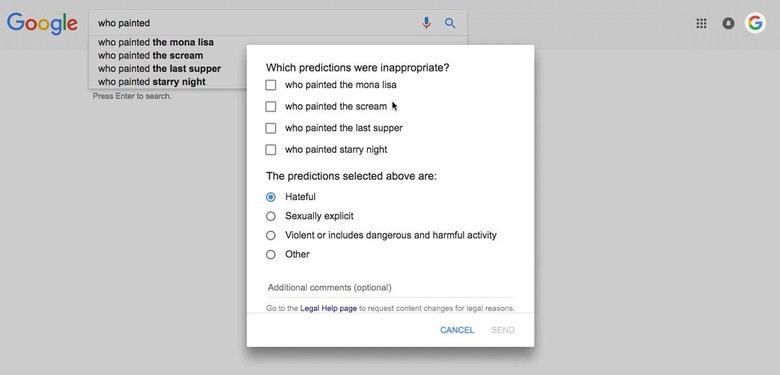Google Search Update Puts The Heat On Fake News
Facebook and social media may be largely blamed from the rampant rise of fake news over the Internet, but search engines, like Google Search, are just as culpable. After all, they are the vehicle on which these misleading content ride on to get to our web browsers. Google has definitely felt the pressure in these past months from fake news as well as inappropriate search results. Although it did take some time, Google is now making public the big changes it is making to its Search system to ensure that questionable content don't get through. At least not much.
If you think about it, Google can actually be blamed for much of this mess. Although it has existed long before Google burst onto the scene, the SEO (Search Engine Optimization) industry boomed in no small part thanks to Google's PageRank system. That, however, also led to people and methods that tried to game that system, the same methods used by sites to bypass Google's automated screening to spread deceptive, offensive, or inaccurate content.
Amusingly, Google is combating fake news and inappropriate content by employing the assistance of humans. Much of Google's search features rely on algorithms and machine learning but, as history has proven, those aren't exactly infallible. Google has a team of human evaluators that rate the quality and accuracy of search results in general. These evaluators don't affect page ranks of individual pages but simply flag search results as they see fit.
In addition, Google is now also seeking your help as well. That is, it has added ways for users to give feedback and report inappropriate search results. This does require that users care enough about improving Google Search for everyone or have been offended strongly enough to take action.

Of course, these feedback mechanisms are two-edged swords. Less scrupulous humans could use such to skew results away from appropriate or accurate results. In the end, the user is the final filter that determines whether a piece of content is trustworthy or appropriate. Unfortunately, as we've all too painfully seen, that isn't the case.
SOURCE: Google
